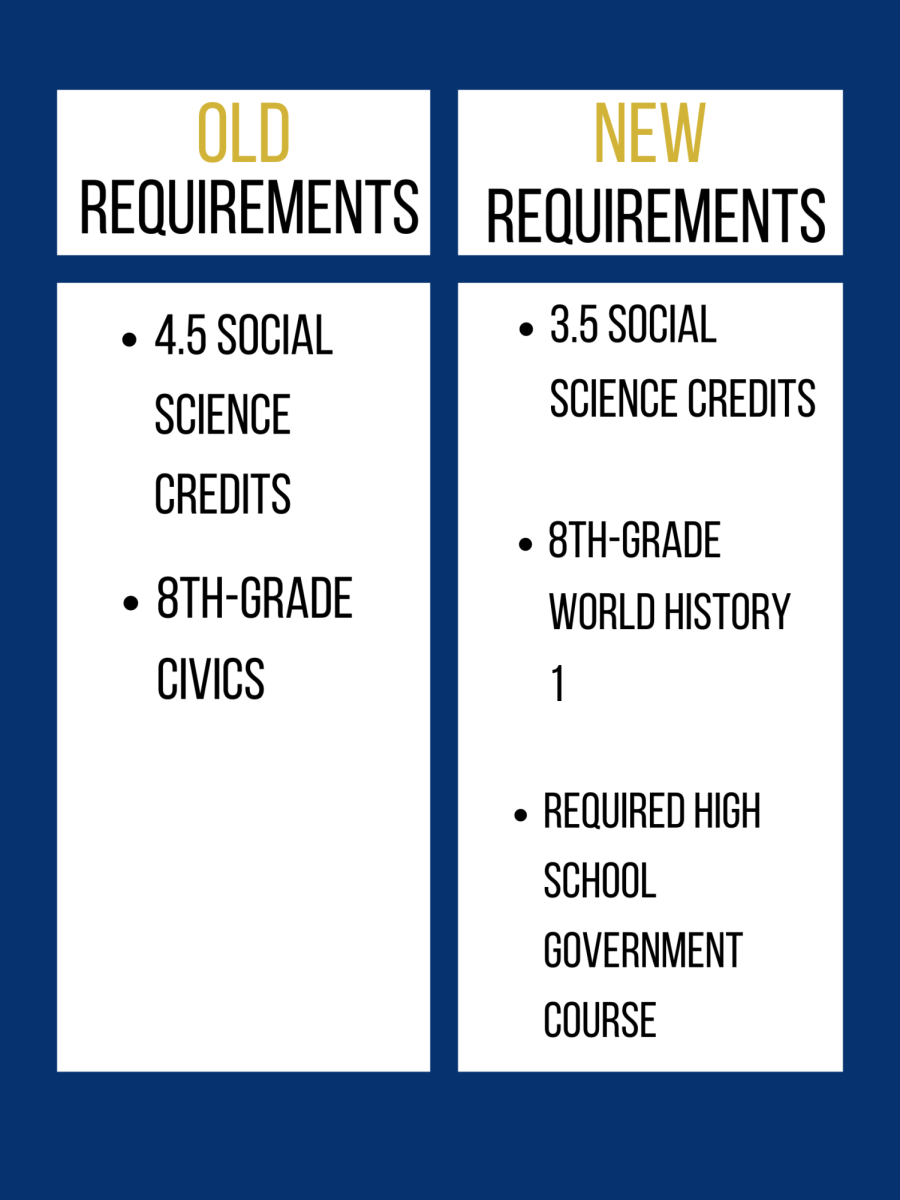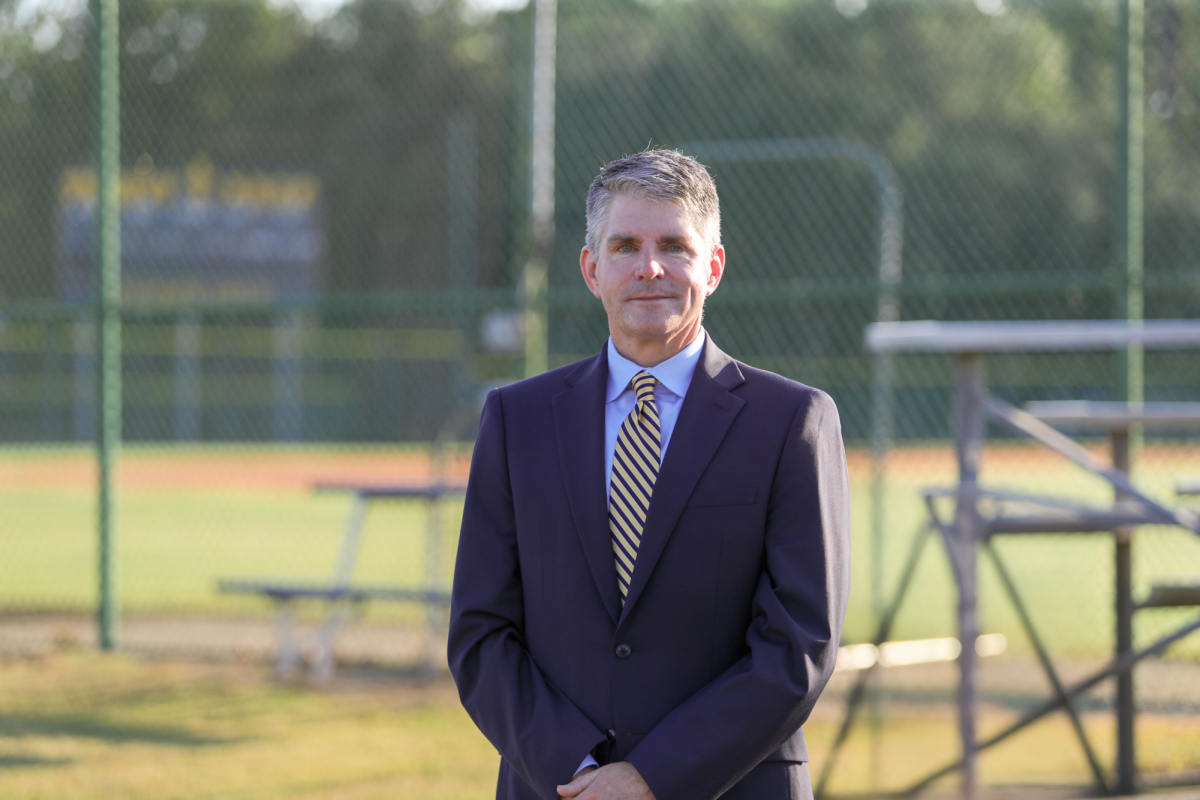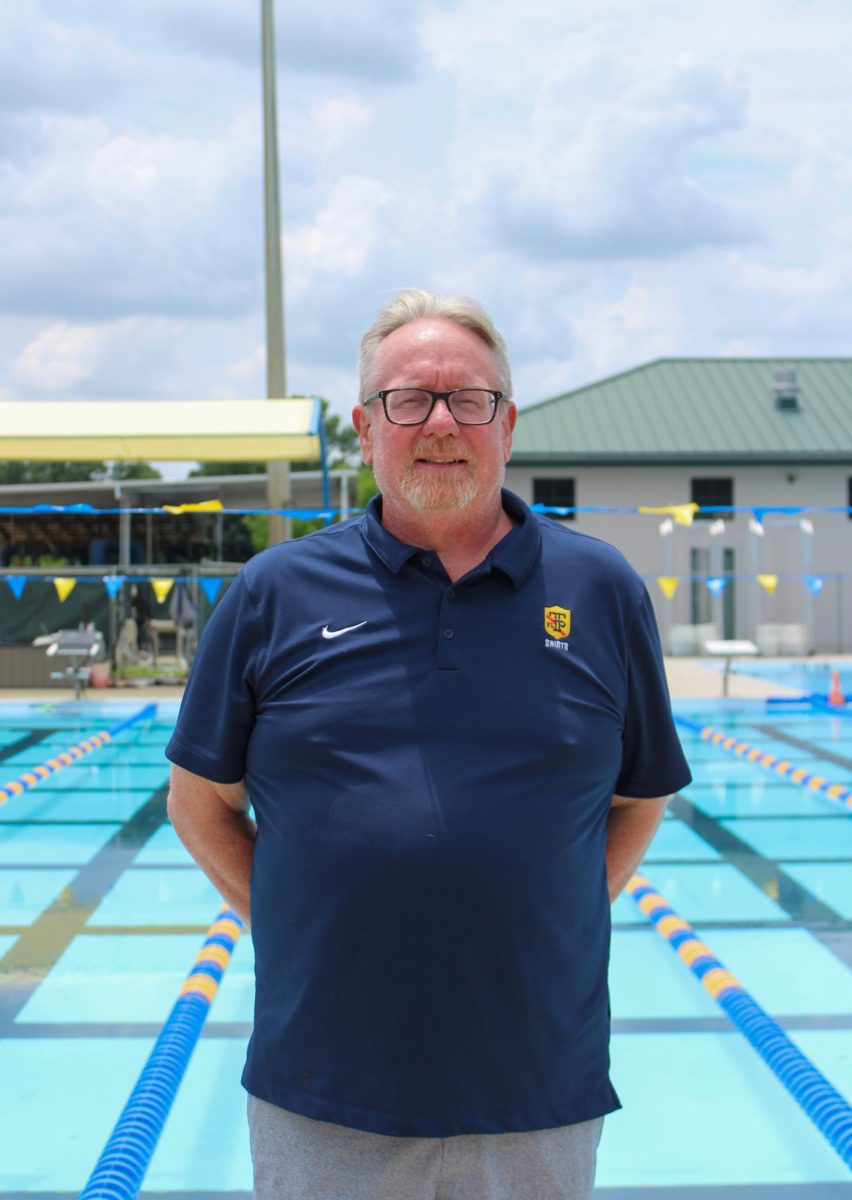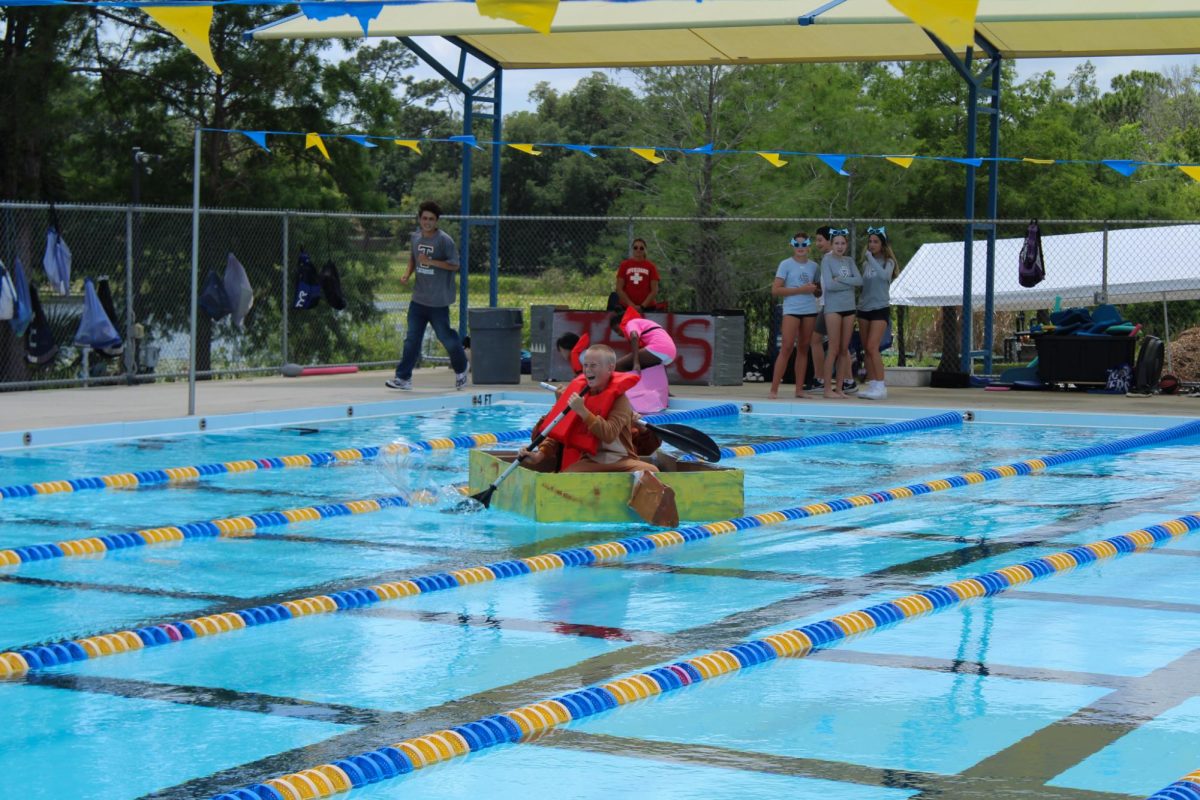August 2024 will mark a new chapter for Trinity Prep’s social science department as significant revisions to the curriculum reshape course selection, content and requirements. With hopes of expanding opportunities and achieving a closer alignment with current National Association of Independent Schools educational standards, the department hopes these changes will foster a diverse, comprehensive learning experience for students.
The curriculum committee and the social science department went through a lengthy review process culminating in a series of changes such as decreasing the social science graduation requirements from 4.5 to 3.5 credits for the Class of 2029 on, replacing civics in eighth-grade with World History I and implementing a required high school government course.
“We really wanted to keep the core of who we are in our social science requirement,” Director of Learning and Instruction Stephanie Dryden said. “But also open things up so that students could have more voice and choice.”
A key tenet of the new plan is broadening course selection. “[Students] are going to get a wider world view, and they’re also going to have more choices,” Social Science Department Chair Robin Grenz said. “We haven’t made total selections yet, but we’re looking at things like possibly African American history, Latin American history and maybe something about World War II.”
Students are yearning for expanded course selection allowing for more in-depth learning within the social sciences.
“I know a lot of people who are just interested in learning about different perspectives on the world and kind of how things work,” senior Eva Chong said. “I think it would be interesting and benefit the community as a whole to explore and learn more about different aspects of the world.”
Teachers support the changes too.
“I think [the changes] will help students gain a better worldview,” middle school United States history teacher Kevin Keith said. “It supports the idea that [students] want to see the world differently.”
Though increased course selection has benefits, it also comes with obstacles.
“The biggest challenge is going to be that at times teachers may have more preps [lesson plans], especially if they are wanting to teach one of the semester classes,” Grenz said.
Curriculum and course requirement changes, while often necessary, heavily impact students, faculty and administrators.
“Whenever you make a tweak in graduation requirements, that can have ripple effects throughout your curriculum in terms of stating and all kinds of things that can happen,” Dryden said.
One effect is that seventh-grade United States history and eighth-grade Civics are consolidating into one class to make space for World History I. Though this might in the short term decrease in-depth civic education in middle school, Grenz articulates that a refined curriculum supplements any knowledge lost due to the change.
“In all of our history classes, there’s some discussion about government, citizenship, responsibilities and rights,” Grenz said. “That’s throughout the whole curriculum.”
In addition, a high school government requirement will prioritize civics education before college, preparing students to be informed, involved citizens.
“I think our school is on that path [and] I hope [Trinity] starts to recognize the responsibility they have to produce actual citizens rather than produce the best lawyers or the best doctors,” social science teacher and Assistant to the Head of the Upper School Sebastiaan Blickman said. “Citizens and then lawyers.”
Grenz and Dryden remain optimistic that the changes will produce a more worldly, flexible social science program.
“We’re always trying to become a better school and serve the needs of our students and meet our mission,” Dryden said.
In the fall, Trinity’s revisions to the social science curriculum will have sweeping impacts on both the middle and high school –– only time will tell if those effects are positive.














